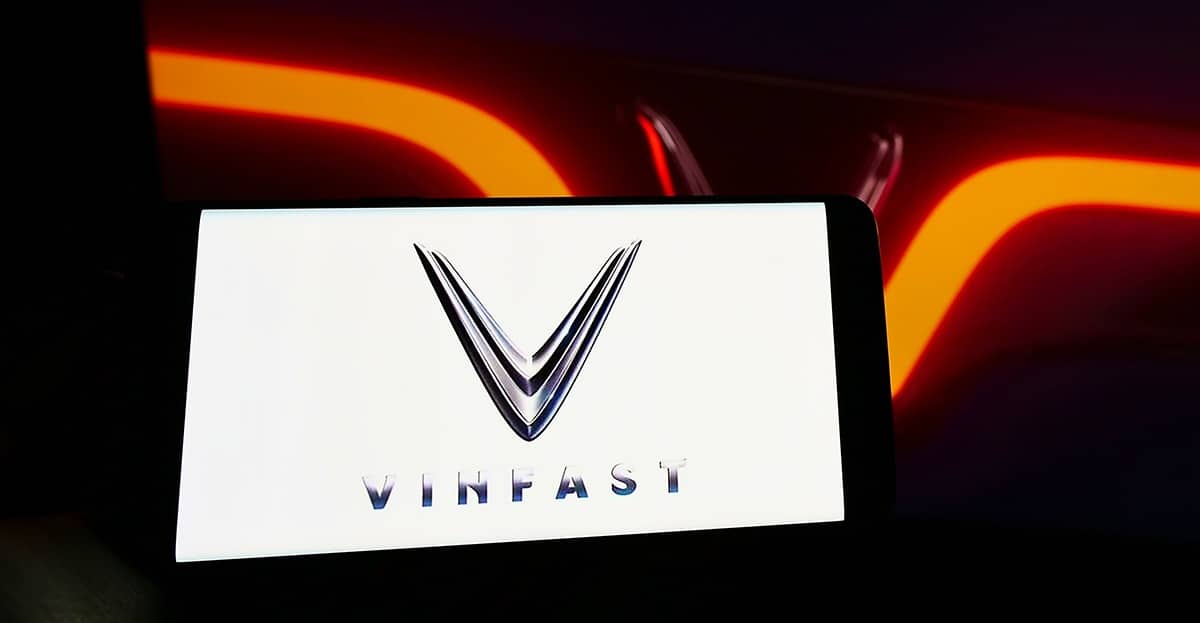VinFast, founded in 2017 by VinGroup chair and Vietnamese billionaire Pham Nhat Vuong, became more valuable than legacy automakers such as Volkswagen, Ford, GM, Mercedes-Benz and Ferrari.

A little-known Vietnamese electric vehicle (EV) company became more valuable than legacy automakers such as Volkswagen, Ford, GM, Mercedes-Benz and Ferrari—for a few days, that is.
VinFast touted a market capitalization of about $86 billion on Aug. 15, after euphoric investors pushed the company’s stock up 270% on the first day of trading. Shares dropped roughly 22% the following day and nearly 34% the day after, but then they took off again.
Analysts argue that its valuation is far too high. They are probably right.
EV companies like Nikola Corp. and Faraday Future have lost more than 90% of their market value since going public. Lordstown Motors filed for bankruptcy in 2022, and several others remain stuck in pre-production.
VinFast, founded in 2017 by VinGroup chair and Vietnamese billionaire Pham Nhat Vuong, wants to avoid such fates. In 2022, it sold 24,000 cars globally, and has already developed the capacity to build about 300,000 a year. Yet, against a target of selling 50,000 EVs in the US in 2023, only 137 were registered by June.
VinFast skeptics also blame vehicle quality issues. Critics slammed the company’s first American model, citing technology glitches and other flaws as evidence of a hasty introduction to the market.
“I would speculate, and this is highly speculative, that the company was eager to launch in the US to increase its caché and differentiate itself from other Chinese and Indian EV companies, the vast majority of which do not operate in the United States or have global brands,” says Tamara Sheldon, an economics professor at the Darla Moore School of Business at the University of South Carolina.
Then again, VinFast’s endgame might be different from what it appears at face value.
“My guess is that VinFast’s long run primary target is not American or European markets, but rather is China, which is the largest EV market in the world,” she added. “The Chinese government has been strongly promoting EVs, and if they were to implement an internal combustion engine vehicle ban similar to California’s in the next few years, VinFast would be well placed to capitalize on the bolstered demand.”



